
Exploration Ground Systems Program challenges, solutions and lessons learned since the end of the Space Shuttle Program have been captured in an effort to transfer the knowledge to NASA program and project managers.

Exploration Ground Systems Program challenges, solutions and lessons learned since the end of the Space Shuttle Program have been captured in an effort to transfer the knowledge to NASA program and project managers.
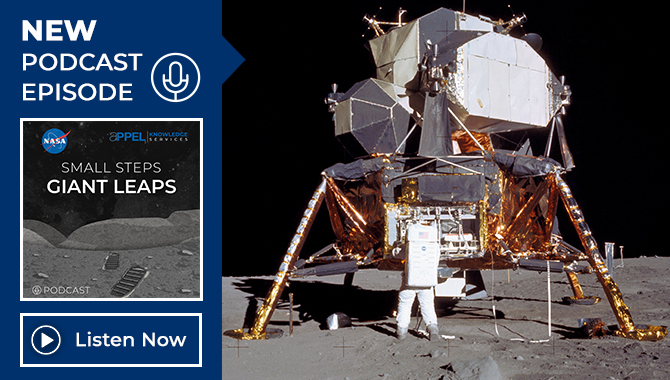
Award-winning journalist, space historian and author Andrew Chaikin discusses the Apollo Program, almost 50 years after the Apollo 11 Moon landing.
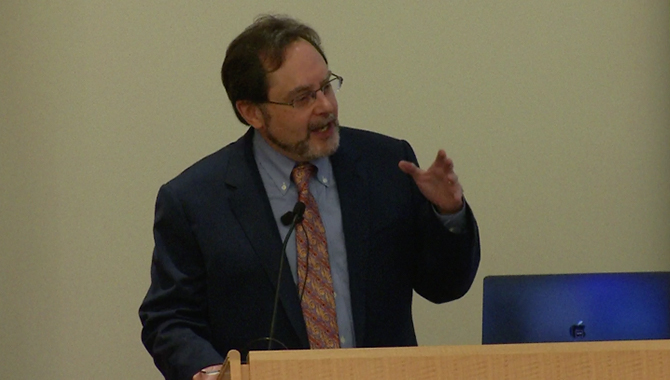
As NASA moves forward with Artemis, Andrew Chaikin presents 13 factors that made Apollo a success.
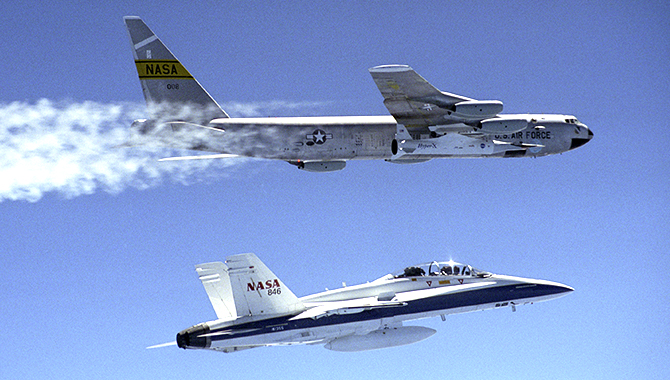
Brent Cobleigh, NASA Flight Demonstrations and Capabilities Project Manager, discusses new technologies that could transform air travel.
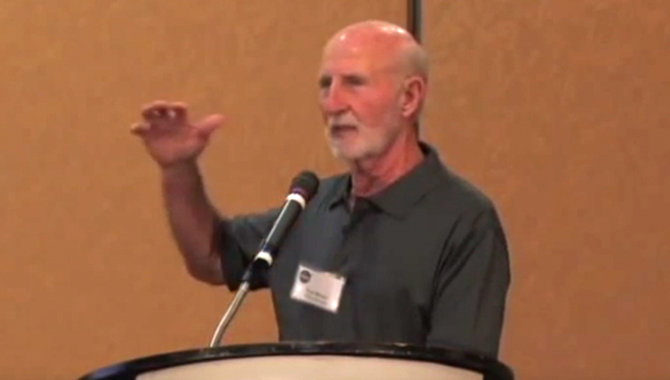
As NASA was approaching the final flight of the space shuttle, a discussion panel was held at Masters Forum 20: Passing the Torch 3 to reflect upon the many important lessons learned from the formulation, development and operation of the Space Shuttle Program.
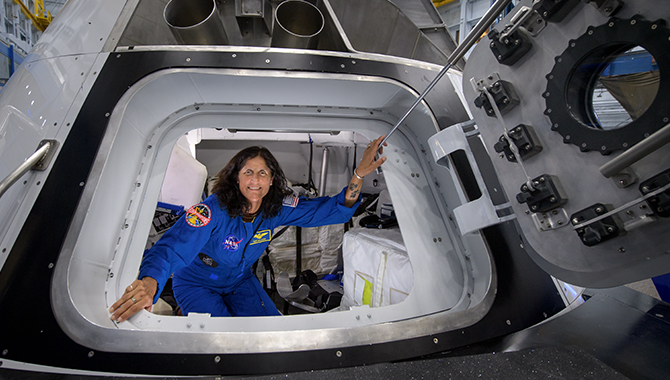
Jon Cowart, a veteran space engineer, discusses NASA’s Commercial Crew Program and progress toward launching astronauts from American soil.
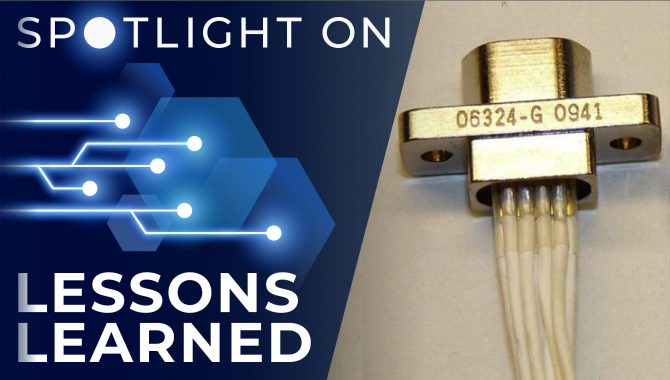
Problems experienced with SpaceWire cable used in flight hardware intended for deployment on the International Space Station resulted in lessons learned and recommendations to help avoid similar issues.
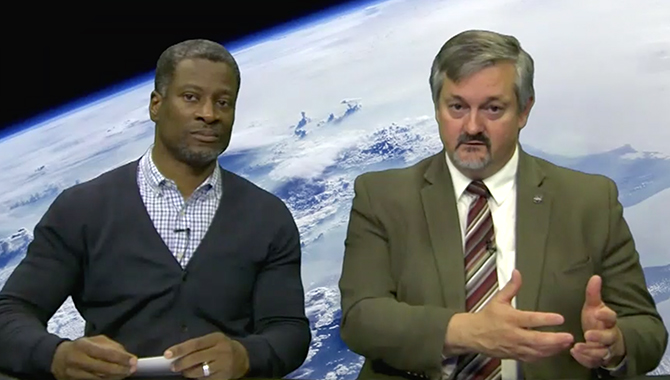
New session, available on demand, offers advice on how project managers can better deal with adversity.
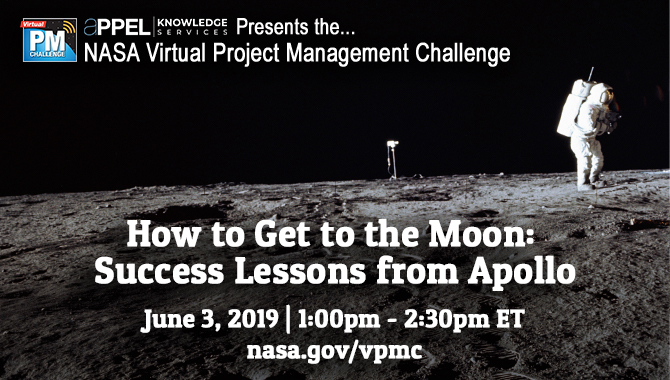
Andrew Chaikin discusses the attitudes, beliefs and assumptions that led to Apollo’s worst day—the fire that killed the Apollo 1 crew in January 1967—as well as those modes of behavior that allowed NASA to recover from the accident and accomplish Apollo 11’s lunar landing in July 1969.